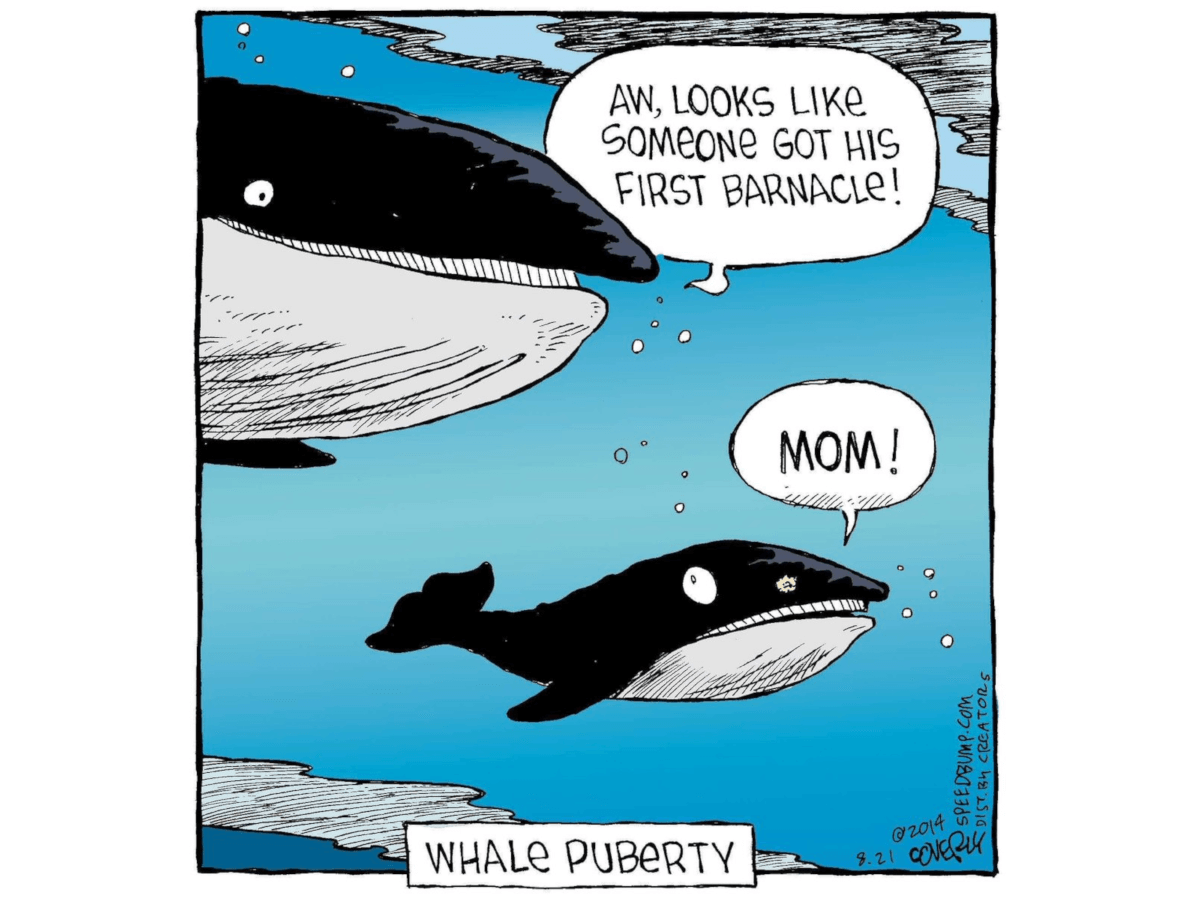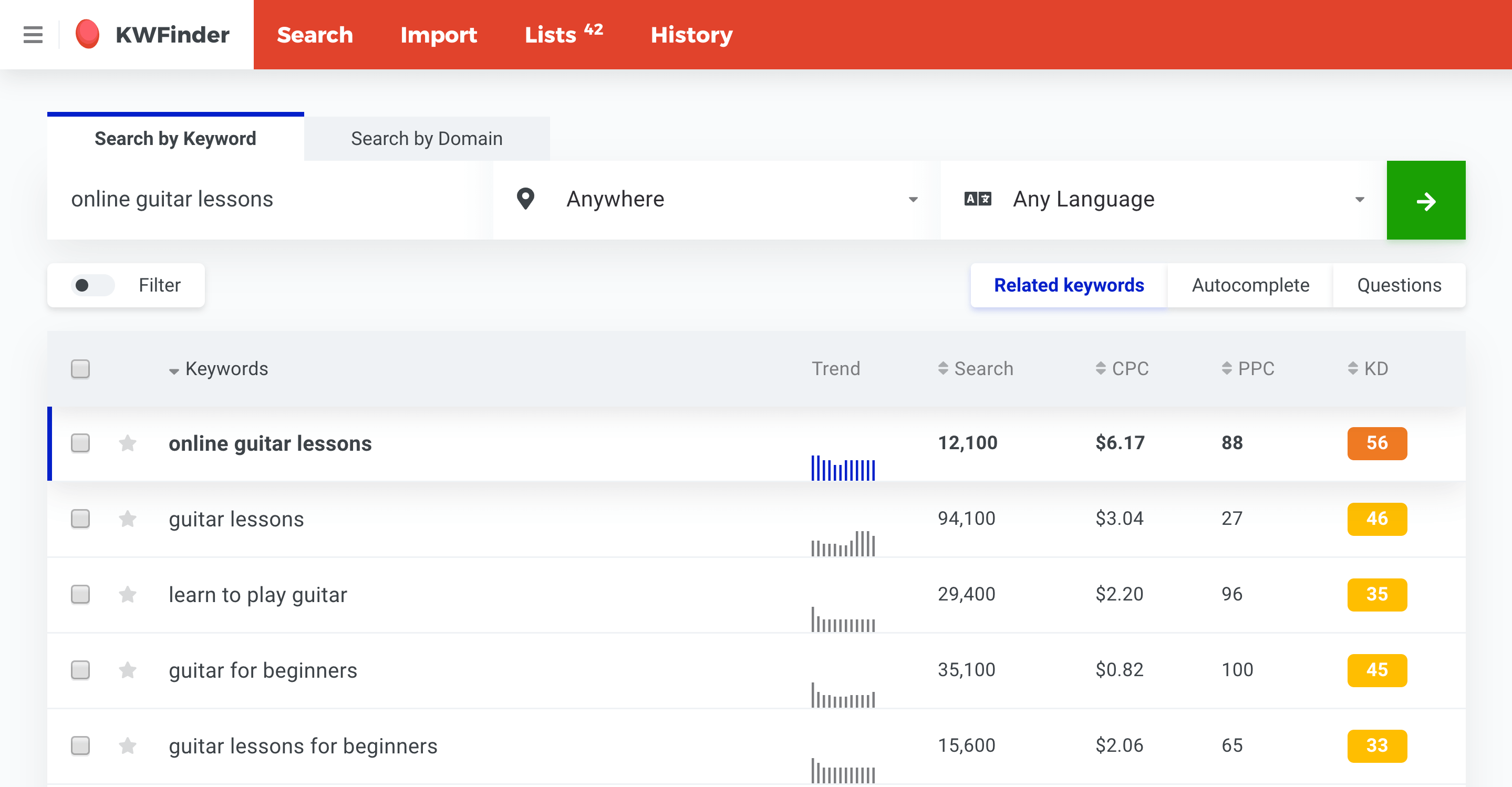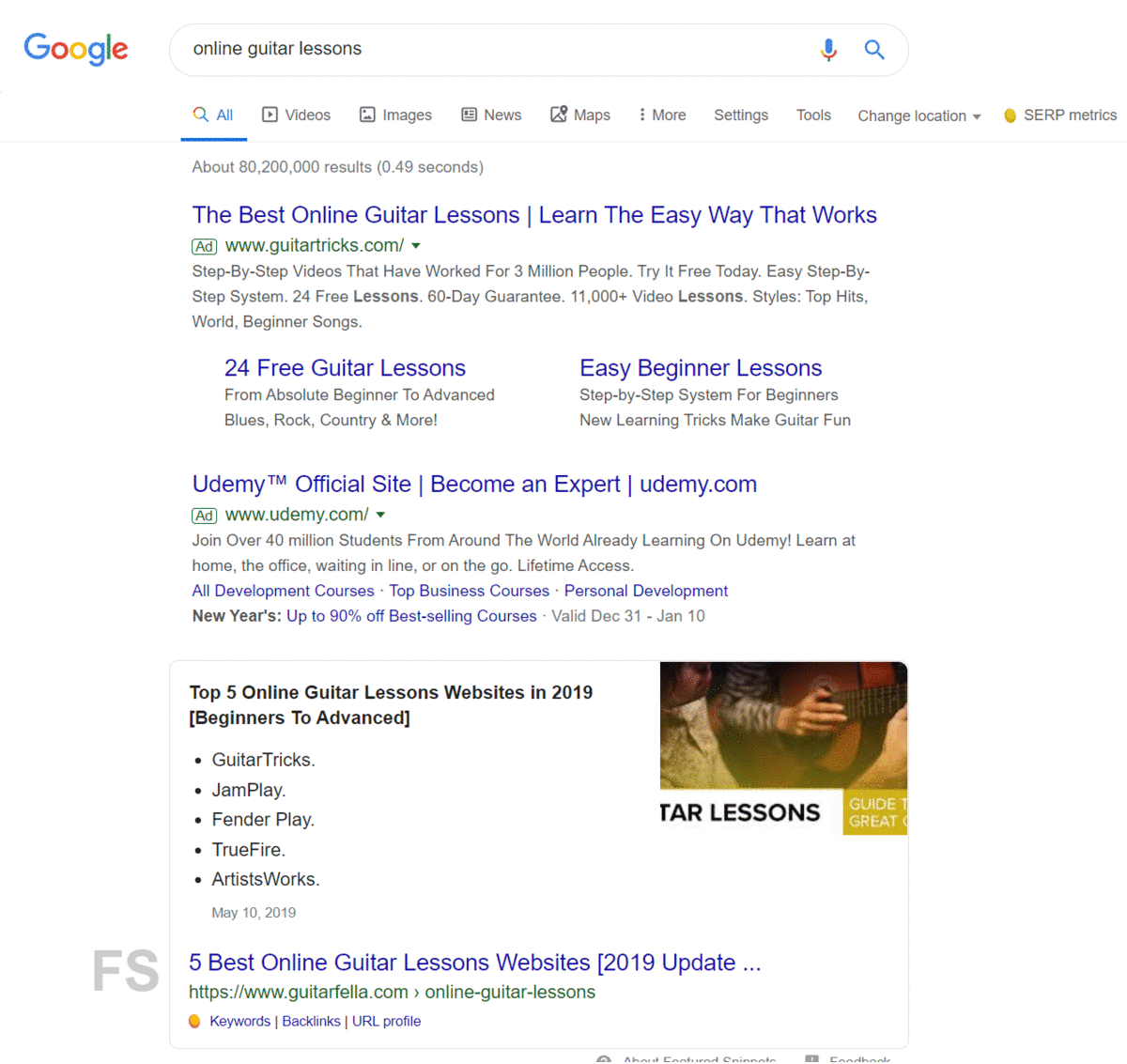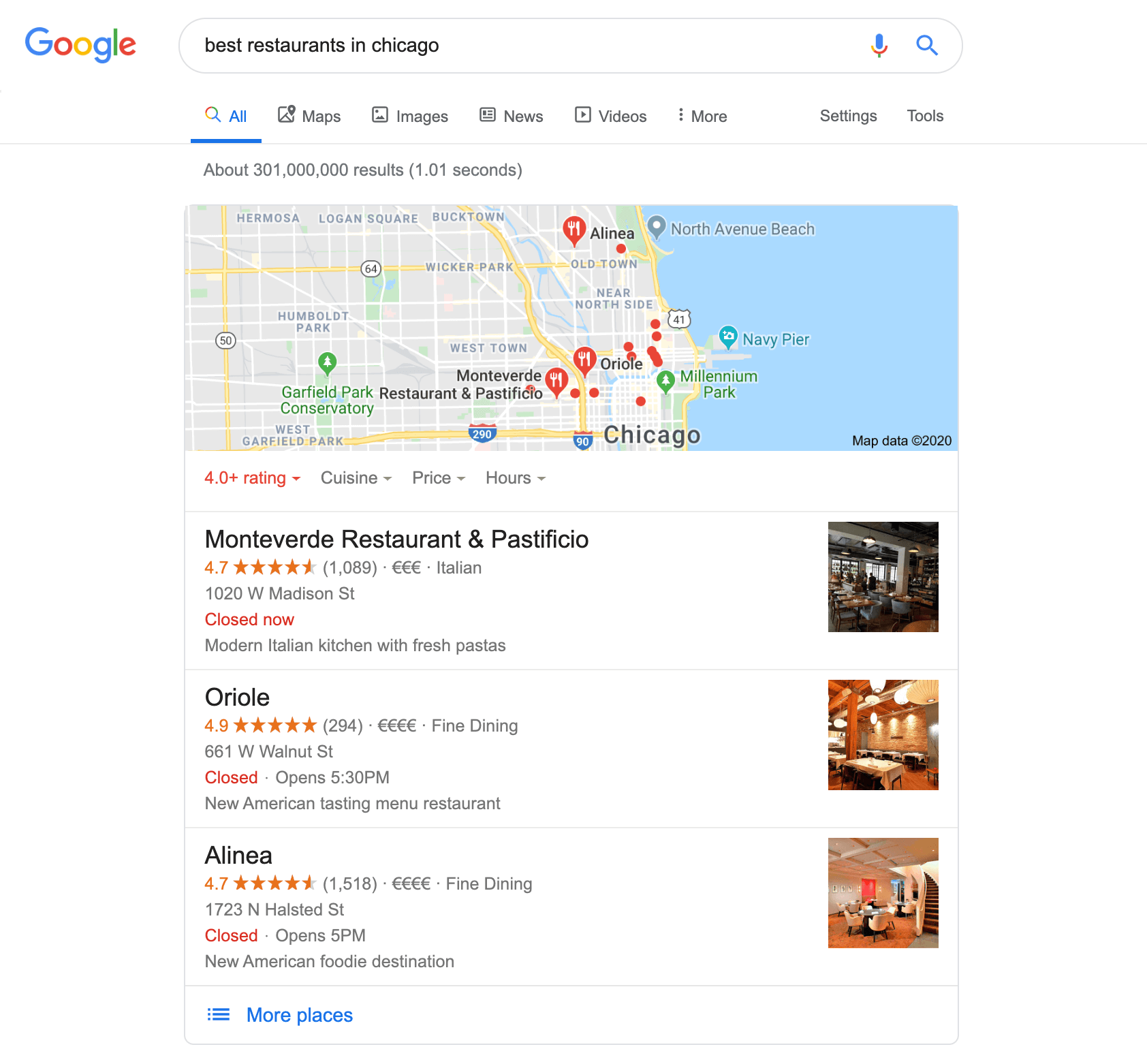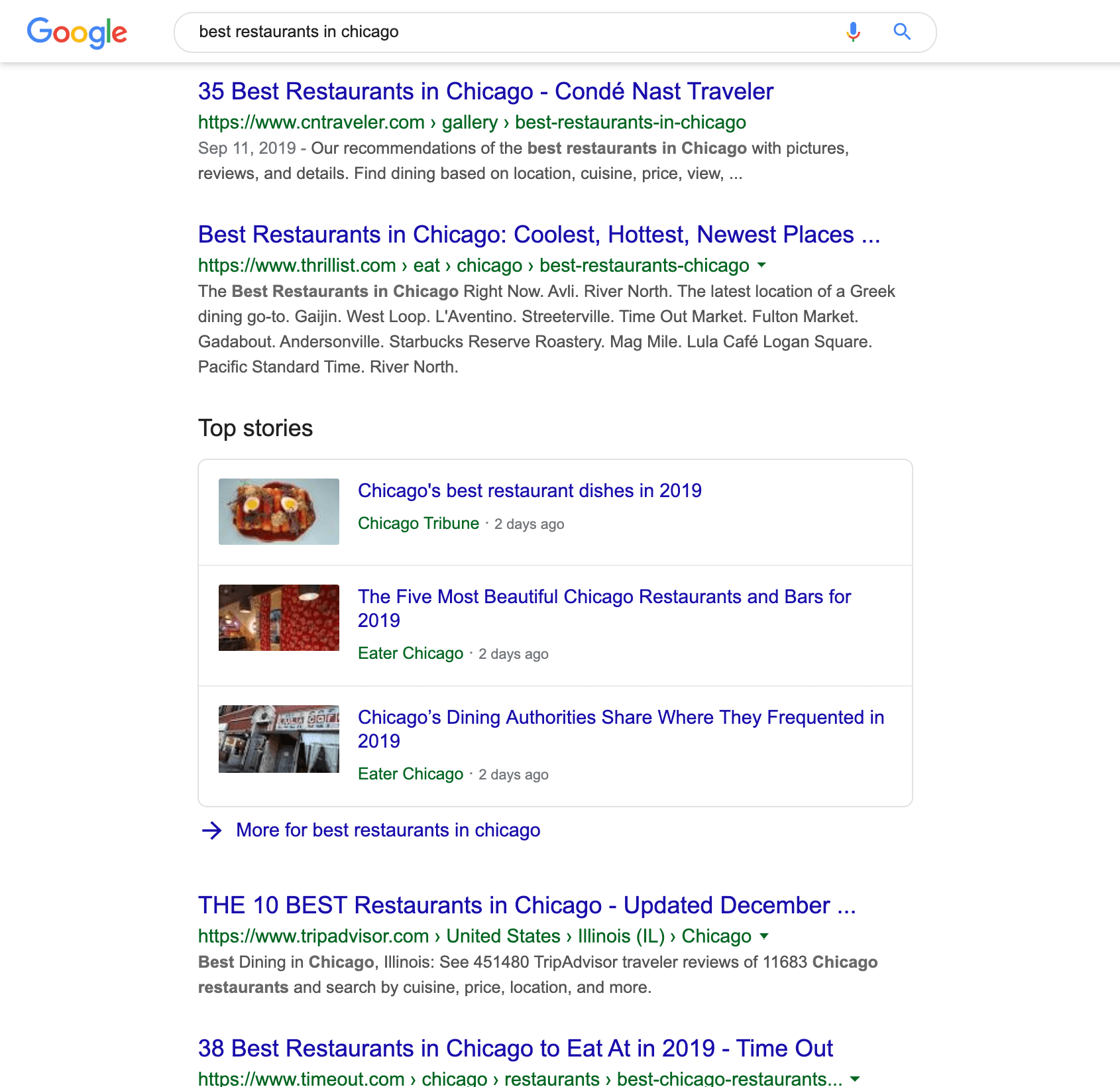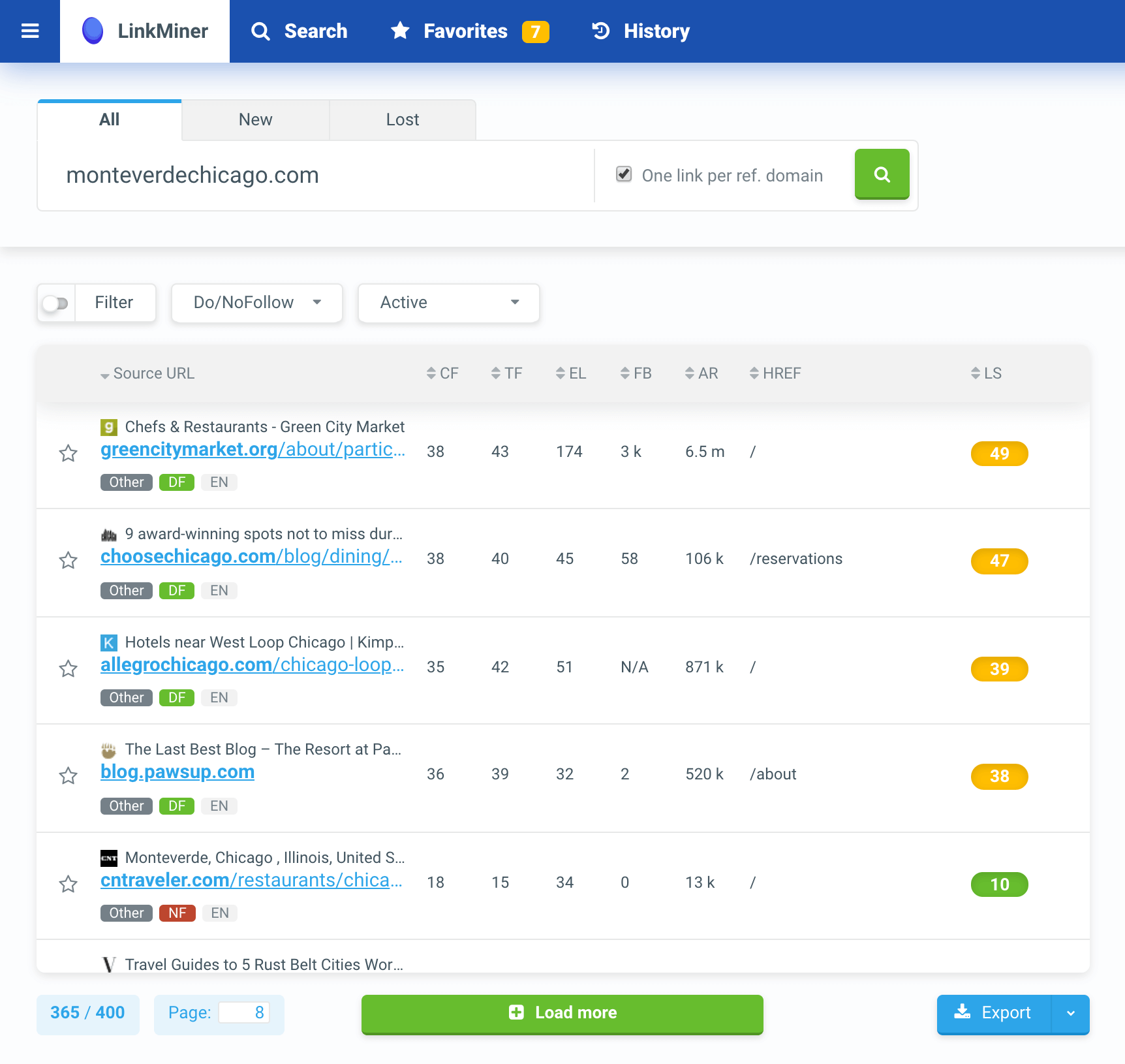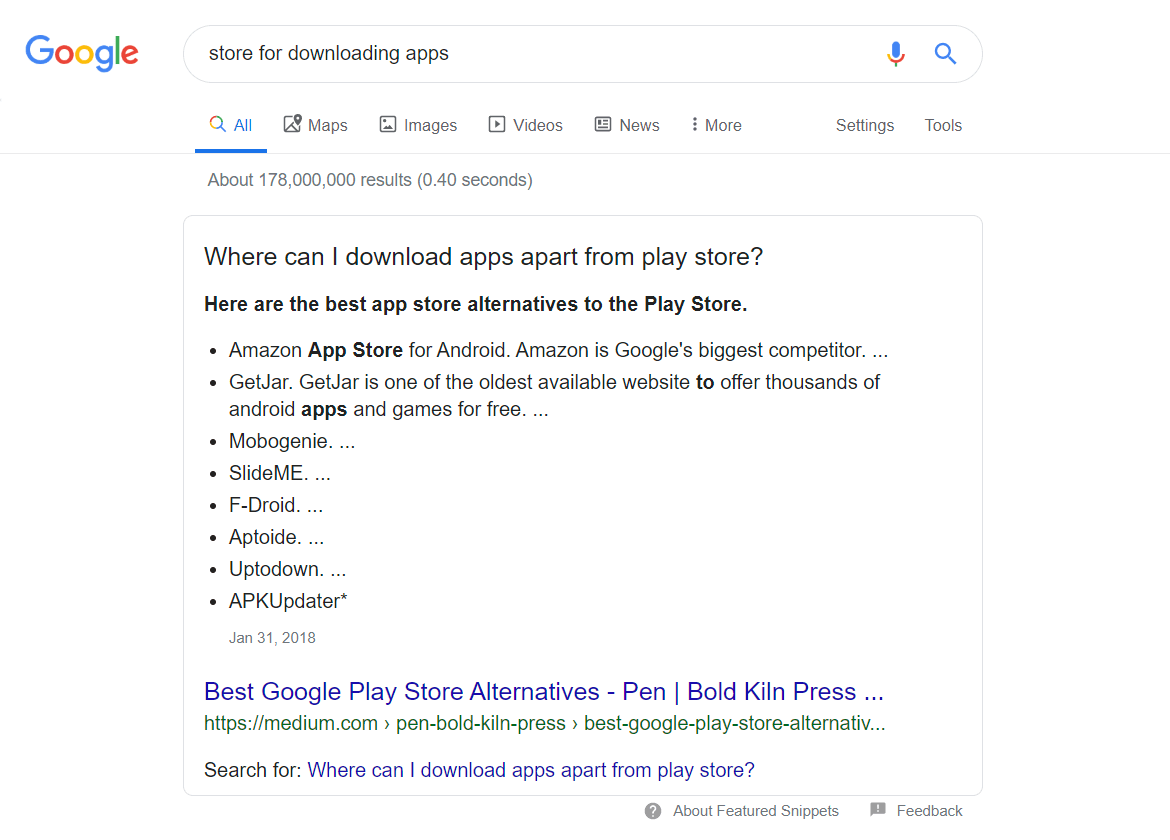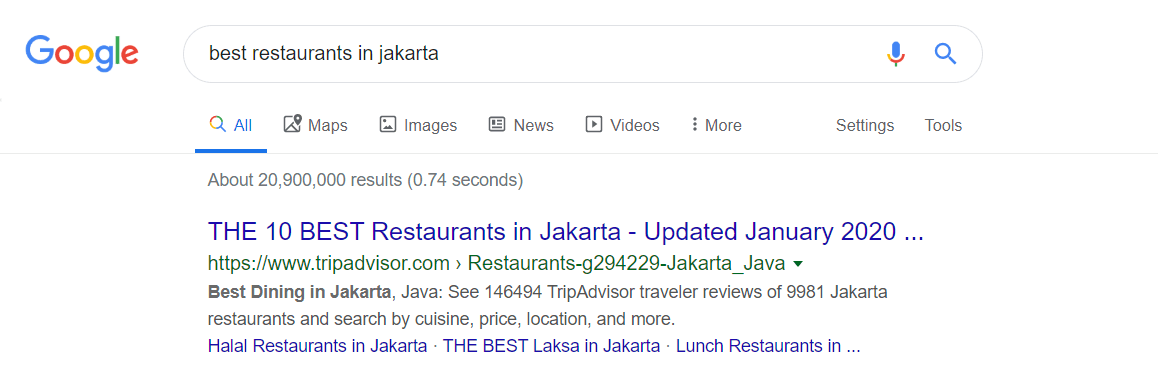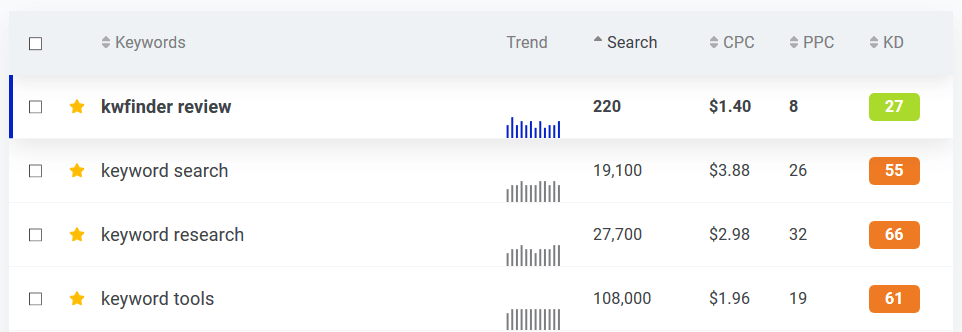Your website can’t rank for every keyword out there and if you are a small or starting business it’s even harder to beat the competition.
That’s where barnacle SEO comes to help.
What is barnacle SEO?
Barnacle SEO is a strategy that leverages the authority of top-ranking websites for highly competitive keywords to boost your brand, content or products. It includes activities such as:
- guest blogging
- local listing profile optimization
- review marketing
- participation in roundup posts
- brand mentions
That doesn’t mean you will parasitize on someone else’s success. The content should improve the quality and ranking potential of the website you plan to target.
Barnacle SEO vs classic SEO
This term was originally brought up by Will Scott a few years ago when discussing the importance of local SEO listings.
Later on, the times of a perfectly optimized landing page ruled the local SEO and now, a couple of years later, here we are again in the reign of Google map packs and review sites. But that’s not the only case, there’s so much to barnacle SEO these days.
So, what’s the biggest difference when compared to classic SEO? When doing barnacle SEO, you are NOT optimizing your own website, hence you focus on the success of other websites.
Why would you do that? Because they rank on the highest positions for the most competitive keywords. Those you can’t fight for.
Now you may say: “Hey, I’m one of the biggest players on the market, I don’t need to use the other websites’ authority to boost my brand.”
Well, that’s not so true. You should still do barnacle SEO to target complementary or different-search-intent keywords to bring additional hype for your brand.
This applies not just to big brands but also to smaller players, local businesses, or even nonprofits that want to build visibility without going head-to-head with industry giants. If you’re curious, here’s a solid guide on SEO for nonprofits that breaks down the basics and why it matters.
Are you a whale or a barnacle?
I guess the easiest way to understand what barnacle SEO is about is to look at the origin of the word “barnacle”.
Barnacles are arthropods (kind of similar to a crab, lobster or shrimp) inhabiting saltwater environments and seas. Besides attaching to rocks or ships, they create a symbiosis with whales.
In this case, you are the barnacle that leverages the power and respect of the whales in the ocean. To put it simply, if you can’t beat them, join them and use their powers to bring you to the top.
But that doesn’t mean you’ll parasitize on them. The barnacles should serve as an armor for the whales.
How to do barnacle SEO – the opportunity research
Let’s transform the laws of nature to the SEO world. It all starts with our greatest friend – keyword research and continues with a backlink analysis.
Barnacle keyword research
Normally, you should focus on long tail keywords with a lower competition when doing keyword research. Barnacle SEO is about targeting the giants.
There are many possible reasons why you wouldn’t rank for the most competitive search terms:
1. Your website doesn’t have enough authority
Though we all know ranking on the 1st SERP is not (only) about the website authority itself, there are tons of cases when you can’t beat the matter of authority.
A typical example is a product landing page where you don’t have space to prepare super-relevant in-depth content with 3,000 words that would outrank the big players.
Imagine we’ve launched a new online guitar lesson center. You don’t have to be a genius to find out the main focus keyword is “online guitar lessons”.
When we look at the search volume, keyword difficulty and SERP results, this is where the fun begins.
As KWFinder shows, it’s very difficult to rank for a term with Keyword Difficulty of 56 for a newly launched website. Most of the related keywords have amazing search volumes, yet again our website can’t challenge them. Not to mention a possible different search intent so we wouldn’t be relevant enough.
Here’s the SERP:
This type of keywords always has quite a commercial potential, so we can partly overcome the ranking issue by setting up Google Ads.
Other than that, a brand mention on the ranking pages would be excellent. Yes, some of the results are competitors but the videos from YouTube and websites dealing with the top lists are our targets to reach out to and persuade them to include our great new solution.
2. The terms are too out of the box or they have a different search intent
Let’s say we run a small restaurant in Chicago. Being in the top search results for “best restaurants in Chicago” could be a game-changer. However, the search intent behind this keyword is different from what our restaurant’s website aims on.
The keyword has more than 22k search volume, quite a challenging Keyword Difficulty of 49 and the different search intent makes it impossible for us to rank any good.
When we look at the SERP, it proves it even more.
First of all, a map-pack type of keyword urges us to optimize Google My Business profile as much as possible. It’s a must but keep in mind that it doesn’t mean we’ll be featured in the top 3 for such high-competitive term.
Looking at the results below, we’re starting to unlock the potential of barnacle SEO.
All of these websites suddenly transform from potential competitors to our targets for cooperation. Having a spot on these lists would be a boost for our restaurant.
Quick tip: Read our search intent guide in case you aren’t familiar with it.
3. You don’t plan to invest your time and budget to do so
A natural situation for every entrepreneur, the opportunity cost. Even if you have a great product, maybe it’s not the right time to launch a blog, or you just don’t have enough budget to hire quality content creators. I could continue with tens of examples but you landed here for SEO advice, didn’t you? 😉
4. You simply can’t rank for everything
Let’s benefit from the websites ranking on the 1st SERP for those keywords and promote your business to thousands of people by getting your brand or product featured, discussed, reviewed or just somehow mentioned on them.
Barnacle backlink analysis
Let’s go back to our Chicago restaurant example. Here are the search results:
When we visit the first result “Condé Nast Traveler”, we’ll find a lot of potential competitors. One of them is “monteverdechicago.com”.
The easiest way to find new opportunities is to see what works for competitors. Enter their domain into a backlink analysis tool such as LinkMiner and check the results.
Similarly to keyword research, when looking for barnacles we don’t pay attention to how hard it is to replicate the backlinks of our competitors as we would in link building campaigns.
We’re going all-in pushing to be included on those websites. For example, the first result “Green City Market”, is a local food festival.
We can become part of the festival meaning our restaurant will be featured on the website. Not suitable for us to be on the site? We can sponsor the event or be a supplier of some foods or drinks.
Not suitable? No worries, we still can go there, record a video report, interview the visitors and exhibitors and then outreach the organizers to feature it on their website. What’s more, the video may end up in a video snippet in the SERP.
This was only one example from all the backlinks of one of our competitors.
Barnacle SEO techniques
It’s time to bring the opportunities into action. Here are the 9 barnacle SEO techniques:
1. Publishing platforms
Medium is probably the biggest publishing platform. It ranks on the 1st page including featured snippets for all kinds of keywords from lifestyle tips to business articles of any industry.
For example, “store for downloading apps” has about 165,000 monthly searches.
Keyword “contractual employment” has more than 40,000 monthly searches.
Whatever your business is, Medium allows you to publish an article on a website with Domain Authority (Moz) 95! They have a quick guide on how to write and publish your first post.
The goal of making a great piece of content on Medium is the same as if you write for your website:
- Do keyword research. Don’t forget that you are doing barnacle SEO so you’re targeting the most competitive terms with high search volumes.
- Hit the search intent.
- Optimize for the focus keyword.
- Use subheadings.
- Add or embed creatives.
- Write quality content that is easy to read.
Quick tip: Read our content optimization guide for great tips on how to optimize your content. It discusses all of the mentioned points in detail.
2. Get the most out of your Google My Business profile
Google My Business profile plays one of the most important roles in local SEO.
First of all, claim your Google My Business profile or create a new one if it doesn’t exist. Update your profile info, add the address, opening hours, upload photos, motivate customers to leave a review and respond to them.
I mentioned how crucial this is in the part Barnacle keyword research of this article. Doing your best to appear in the top 3 results should be your priority.
Quick tip: Read our Local SEO guide with advanced tips for local listings and citations.
3. Review marketing
Managing the company profile on various review portals is a vital part of marketing. Besides boosting your online reputation, it’s a great source of additional organic and direct traffic.
The most popular review websites include:
- Google My Business
- TripAdvisor
- Yelp
- Amazon
- Angie’s List
- Foursquare
If you run a SaaS business, your main focus should be Capterra, G2 Crowd, Get App, Trustpilot or Software Advice.
Of course, it’s not possible to be on all of them, it all depends on your business but make sure your profile is up to date, well polished and with all the information a potential customer would need in their buying decision process.
From the keyword research point of view, review sites rank well for keywords such as:
- {product/service} alternative(s)
- tools like {product/service}
- {product/service} competitors
- {product/service} review
- {keyword} similar {product/service}
- Best {keyword} in…
Your product may be included in a featured snippet:
4. Affiliate marketing
Getting backlinks and website visitors who are highly interested to buy, that’s what affiliate marketing is about.
Based on our experience, the most attractive affiliate programs are those that are easy to join. Mangools affiliate program doesn’t have any review process, to join it is a matter of seconds. It quickly became one of the most important revenue sources.
I know it’s not the same in all industries but at least compensate it with attractive commission and support for your partners.
Affiliate marketers optimize for highly commercial search terms, they do in-depth reviews, comparisons, and lists of special offers:
- {product/service} review
- Best [products/services} Black Friday deals/offers/…
- {product A} vs. {product B}
- Comparison of {products/services}
This technique is a bit on the contrary to the idea of targeting the most searched terms since your brand is part of it, I admit that. A quick proof:
On the other hand, a popular influencer reviewing your product definitely won’t hurt you.
5. Guest blogging
We all know guest blogging as one of the most popular link building strategies. From the barnacle SEO point of view, we can also work with websites that won’t give us a dofollow link. That unties our hands a lot.
If the website is big enough and our guest blog will get a ton of shares and visitors, we don’t need a dofollow backlink to leverage its authority.
Sometimes it’s not easy to get in touch with people behind these websites and since we plan to focus on the most searched keywords, the job won’t get any easier.
That’s why I would recommend hiring a skilled guest blogger on Upwork or Fiver. They usually have relationships with local publishers. Check their previous work and references.
6. Target top lists
You might have noticed that many of the search results examples include top lists (Top 10 restaurants,…).
Targeting authors of top lists is another great opportunity to create a barnacle. When you have a product or a local store, it’s hard to rank for these keywords with your website.
Use the following type of keywords in a keyword research tool or directly in Google Search:
- Best {products/services}
- Top 10/20/… {products/services}
- List of {products/services}
Categorize the results and contact these people. When we were doing outreach for our ultimate SEO guide for beginners called Learn SEO, we used these keywords:
- Best SEO guides
- Top SEO guides
- List of SEO guides
- SEO guides
- SEO tutorials
- SEO guides for beginners
- How to learn SEO
If you would like to know more, I wrote a detailed outreach case study that describes the whole process step by step.
7. Take part in roundup posts
Roundups are popular because they feature short pieces of information by industry experts and they are usually shared across social media by both the participants and readers. It’s a win-win.
What’s in for you? If the publishing website is a great authority that tends to rank on the top positions in the SERP it’s time to attach to it.
Even though I haven’t targeted anybody, I took part in some SEO roundups and they brought an additional hype around Mangools and my personal brand.
Find any related topics to your business with solid search volumes and build up your way to the roundup posts.
8. Make creatives
I outlined this technique in the Chicago restaurant example of this post. However, it’s not only about making a video report from some event that may be included in a video snippet.
Why not make an amazing video guide showing people how to repair a bike and send it to the top ranking local bike shops?
As far as you are sure that the creatives will improve their content, outreach the author or webmaster and help their website rank higher. It’s worth it.
Your business type is not a limit when talking about videos, infographics, memes or gifs.
9. Use social media
This is an honorable mention as I don’t want to stuff this article with common marketing techniques and call them “barnacle SEO” on purpose.
From a technical point of view, you are a barnacle attached to Facebook, YouTube, Instagram, Pinterest and other social networks, but come on, you would probably do the same thing even without knowing the term “barnacle SEO”.
So what more can you do? All social networks are search engines. The higher the social engagement, the better for your efforts. Here are some tips:
- Respond to the most engaging posts.
- Like or upvote these posts.
- Don’t spam but there are many opportunities indirectly mention your brand via video or something else interesting.
- Motivate others to discuss.
- Start discussions in the most popular groups and threads.
- Create quality original content for Reddit, Quora or Linkedin.
The ideal growth hack to dominate the SERP
The ideal scenario is when the search results are full of your domain(s) and your barnacles. I’m not talking about PBN (private blog network).
It happened to us when doing keyword research for one of our landing pages and found out that Mangools and SERPChecker (one of our tools) rank for the same keyword. On top of that, a ranking Medium article mentions SERPChecker.
Guess what? I’m not done 😀 I wrote a guest post targeting the same keyword and KWFinder made it to the 1st page with a landing page targeting the term too.
This is how the search results look now for the keyword “SERP analysis” (I highlighted our pages and pages that mention SERPChecker):
Promote your barnacles
Go the extra mile and promote your barnacles. Everything I mentioned above is applicable:
- Link to them from your website, blog or other guest posts
- Upvote them on forums
- Share them on your social profiles
- Mention them in your creatives
- Respond to their posts
Setting up Google Alerts or using tools like Mention will help even more.
Conclusion
The point of barnacle SEO is to find the most attractive opportunities and attach to them. It’s a bit different compared to the usual keyword research or backlink analysis as you don’t optimize your website.
Don’t forget that it’s not about parasitizing, your content should improve the websites and help them rank on the top positions.
Many of the discussed techniques are link building activities and some are pure marketing campaigns. When you look at them from the barnacle point of view where you optimize someone else’s website, you’ll find new opportunities for your brand.
Sponsoring of community or charity events, influencer marketing, PPC advertising, buying banner spots and some other techniques could be included as well but as I mentioned earlier, I didn’t want to stuff them just on purpose.




